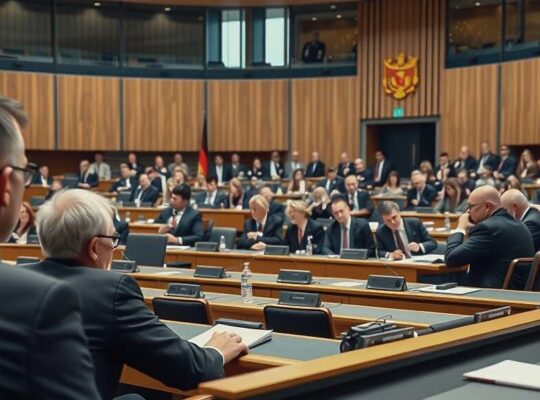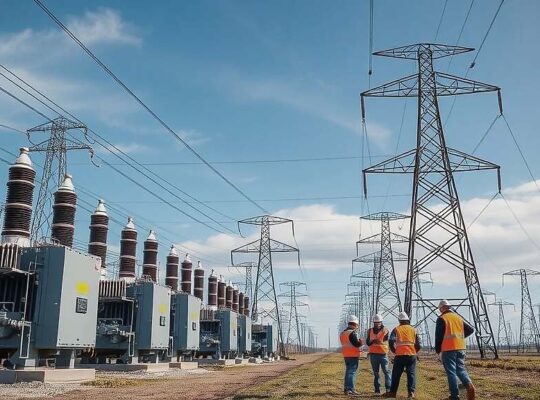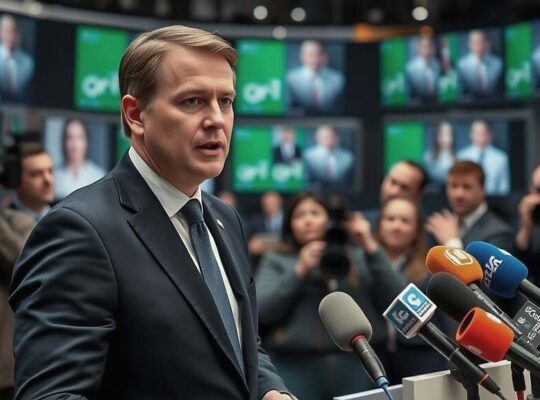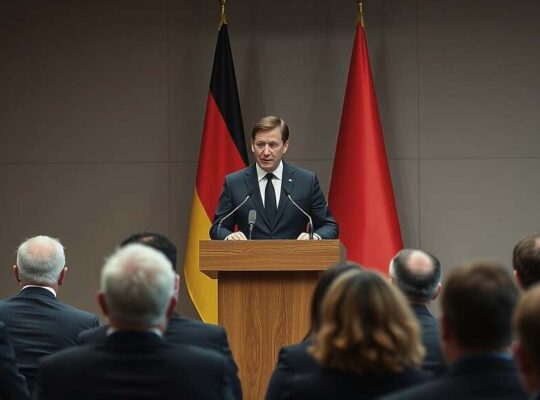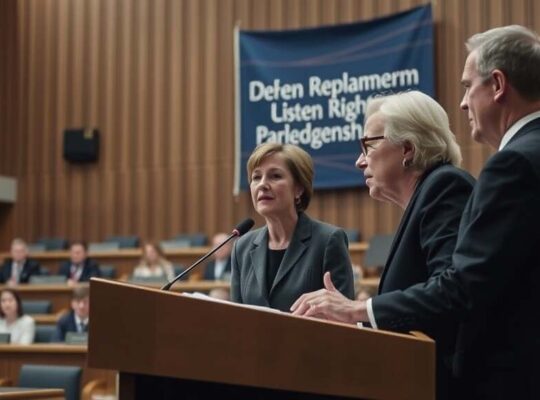The German economy faces a looming infrastructure crisis and simply throwing money at the problem won’t solve it, according to Clemens Fuest, president of the Ifo Institute. While the government’s newly created special debt fund aims to address repair and modernization needs, Fuest argues that fundamental institutional reforms are urgently required to ensure long-term sustainability.
Fuest’s critique underscores a persistent tendency to prioritize new projects over the maintenance of existing infrastructure within political budgetary processes. He suggests that the current funding mechanism, while seemingly beneficial in the short term, fails to address the underlying structural issues that lead to neglect of essential upkeep.
Drawing comparisons to international models, Fuest points to the Austrian Autobahngesellschaft, Asfinag, as a potential solution. The success of Asfinag, which generates revenue directly linked to traffic volume and possesses independent borrowing capabilities, highlights a pathway to increased planning certainty and reduced reliance on annual budget negotiations. This model, Fuest implies, would empower infrastructure agencies with a degree of financial autonomy currently lacking in Germany.
However, the proposal is likely to stir political debate. Implementing such a change would necessitate a significant shift in the government’s approach to infrastructure funding, potentially relinquishing direct control over budgetary allocations and challenging established political power dynamics. The shift towards a system modeled on Asfinag raises questions about potential privatization concerns and the balance between public accountability and operational efficiency – points that will likely be central to any serious discussion about reforming Germany’s infrastructure governance. The implicit challenge lodged by Fuest signals a growing consensus that continued reliance on reactive, crisis-driven funding is jeopardizing the nation’s economic competitiveness and long-term stability.



